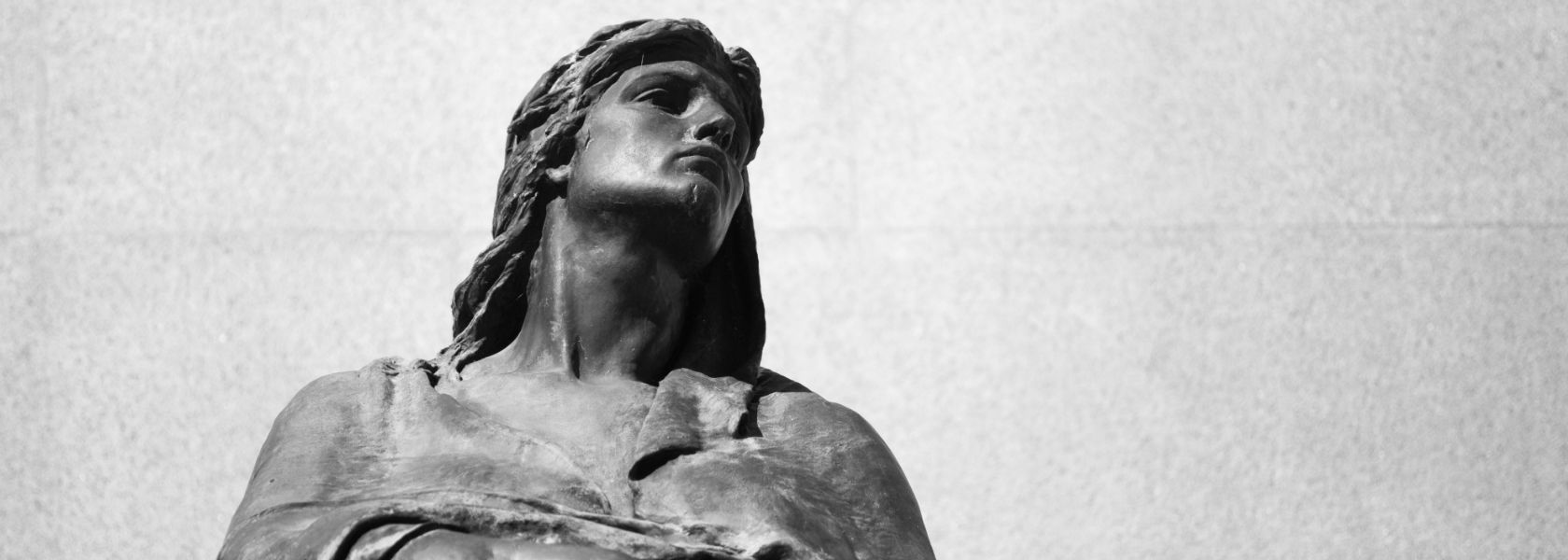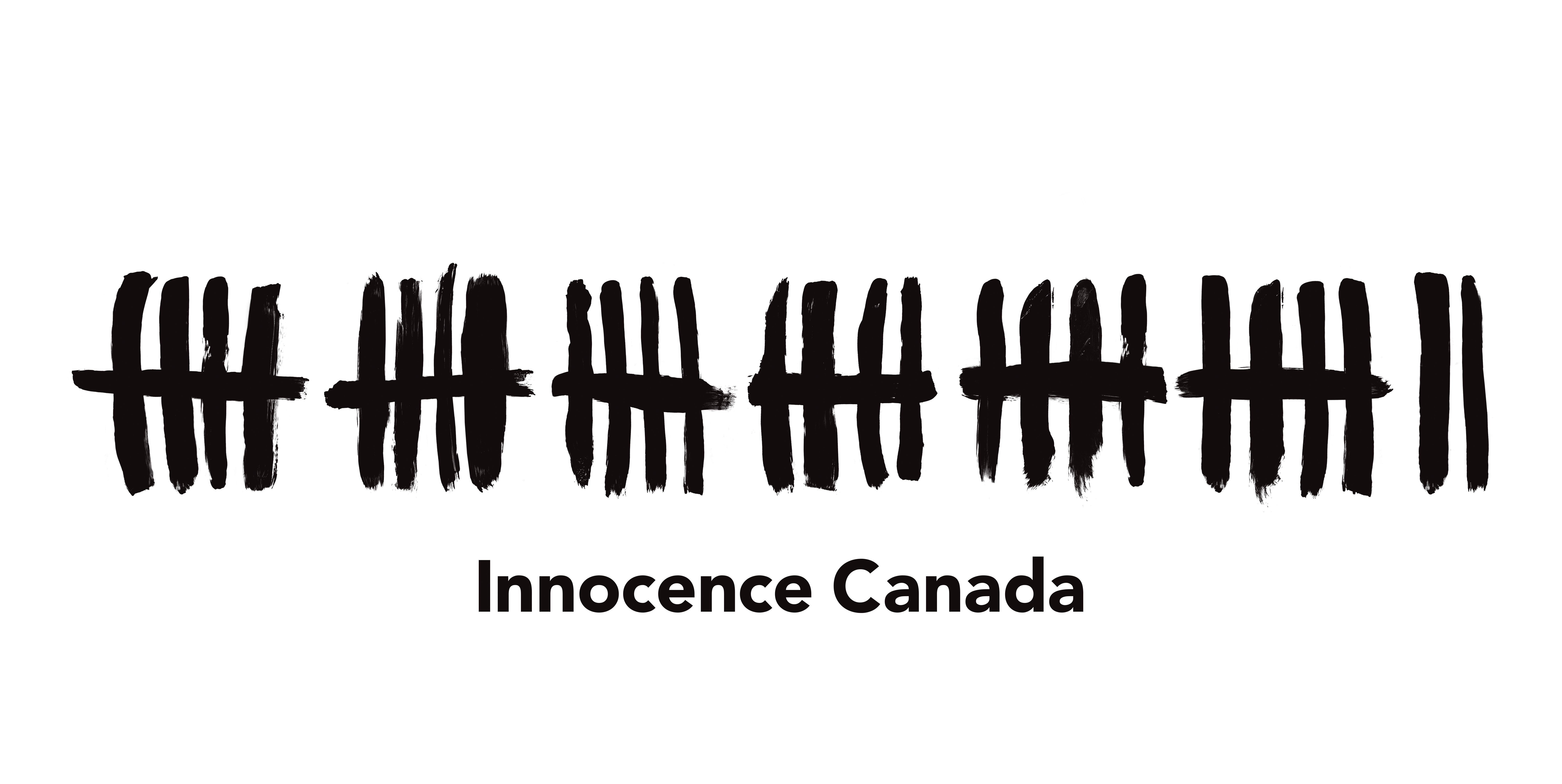The John Artis Story

Innocence Canada Presents:
My Name is John Artis
Synopsis:
The film explores the life of John Artis, who was wrongfully convicted of a triple homicide in 1967 alongside his co-accused, Rubin “Hurricane” Carter. Through a series of interviews, John reflects on his experiences; beginning from his childhood years in Virginia to the difficulties he faced subsequent to his release from Rahway State Prison in 1981. Aside from being a testament to John’s life, the film serves as a reminder of the immeasurable price paid when justice is miscarried.
We invite you to view the trailer to “My Name is John Artis”.
Director’s Statement:
I first met John Artis in 2015 during my second year of law school at the University of Ottawa. At the time, I was enrolled in a seminar on the topic of wrongful convictions, and had decided that I would create a documentary film for my final evaluation. My professors were gracious enough to connect me with a contact at Innocence Canada, producer Amanda Carling, who in turn introduced me to John Artis, a name I was not at all familiar with until a Google search revealed the famous identity of his former co-accused.
It would be inaccurate, however, to define John’s relationship with Rubin “Hurricane” Carter simply by way of their shared experience with America’s troubled criminal justice system. Insofar as their unique bond was established through the unimaginable experience of having been together wrongly convicted of a triple homicide, and ultimately sentenced to life in prison, their relationship was not so easily definable. Brother, friend, confidant, and caregiver, are a few words that capture the immensity of their bond – each person integral to the other.
Despite their interconnectedness, both John and Rubin’s stories also stand on their own in equal measure. Moreover, although Rubin’s international stature was at times overshadowing, this film is a testament to the singularity of John’s life, spanning from his childhood years in Virginia to the challenges he faced upon his release from prison.
Finally, it is worth insisting that John’s story is as pressing as it is timely. In the course of my current employment as a staff lawyer with Legal Aid Ontario, working as criminal duty counsel, I am able to observe first-hand the way in which our province’s 133 million dollar cut to Legal Aid’s funding will likely pave the way for future miscarriages of justice. Further, the issue of wrongful convictions is of global concern, particularly in the United States, where the current US president has demonstrated his lack of regard for the phenomenon, and has in the past directly inflamed the discussion.
During these times of grave concern, it is worth recalling just how immeasurable the cost of one wrongful conviction can be; both individually, as well as in relation to the constitutional values that enshrine our liberty as a society. This reminder is, in part, what I hope John’s story illustrates.
Ruzbeh Tamjeedi
